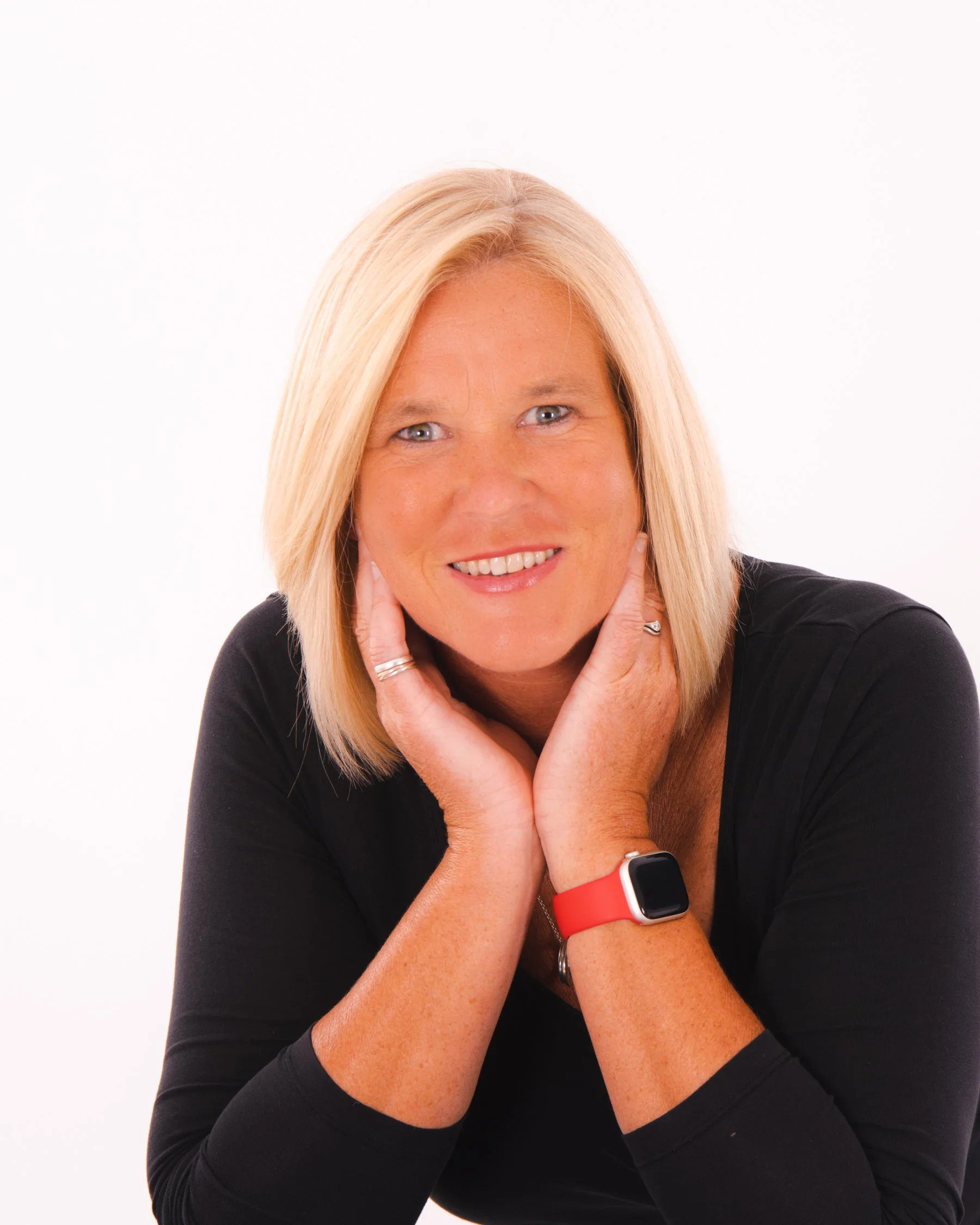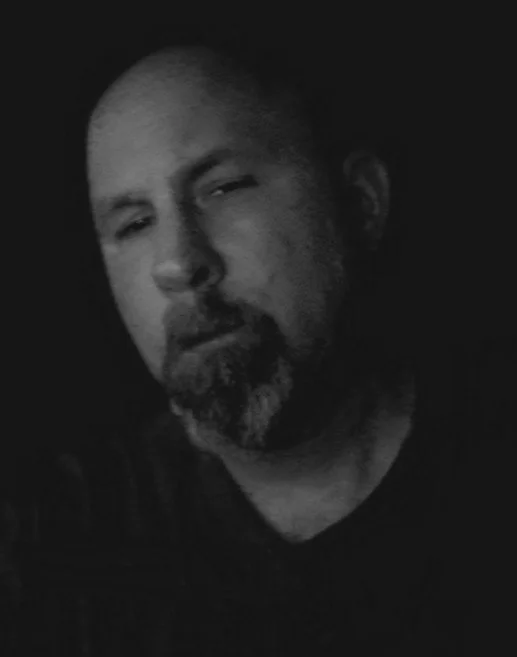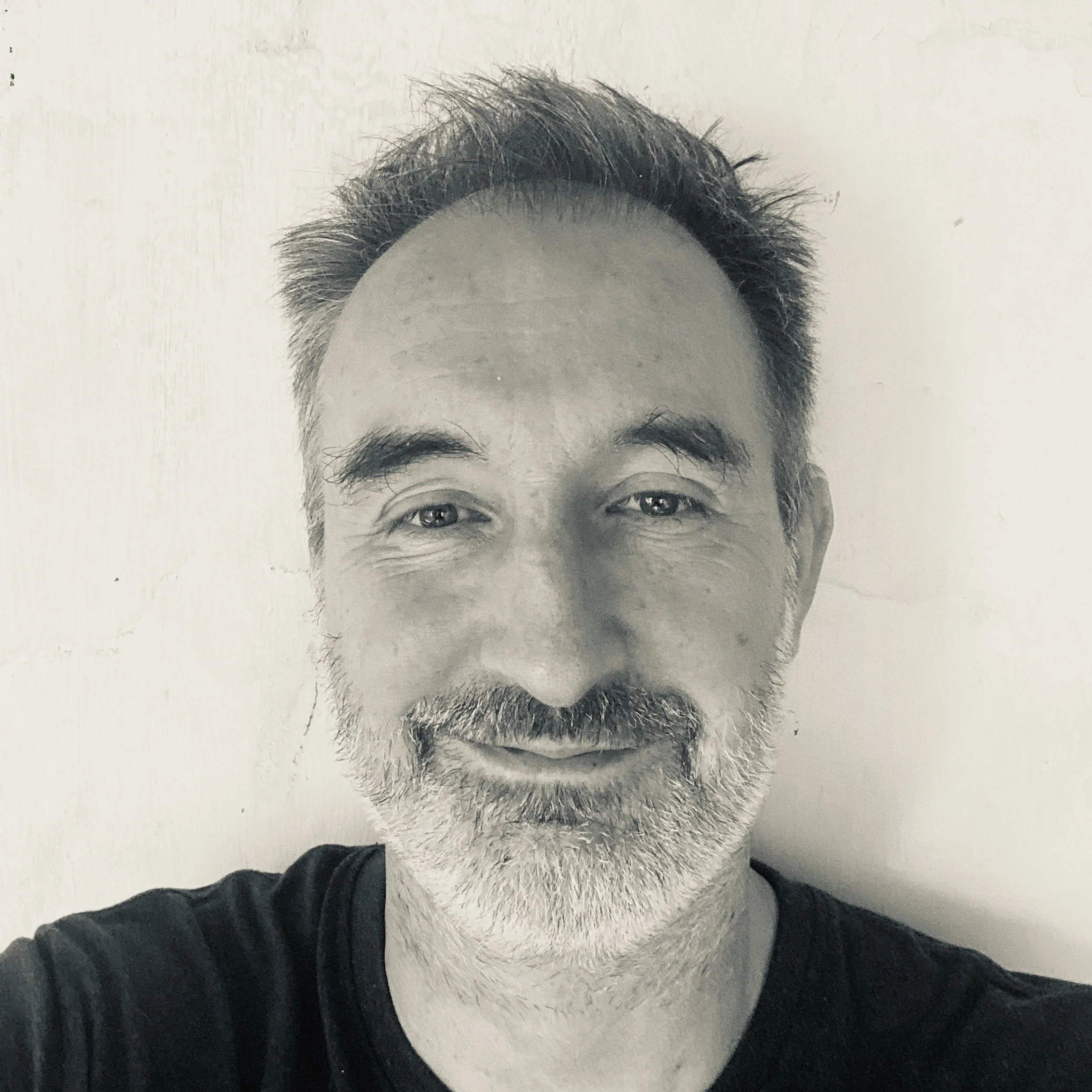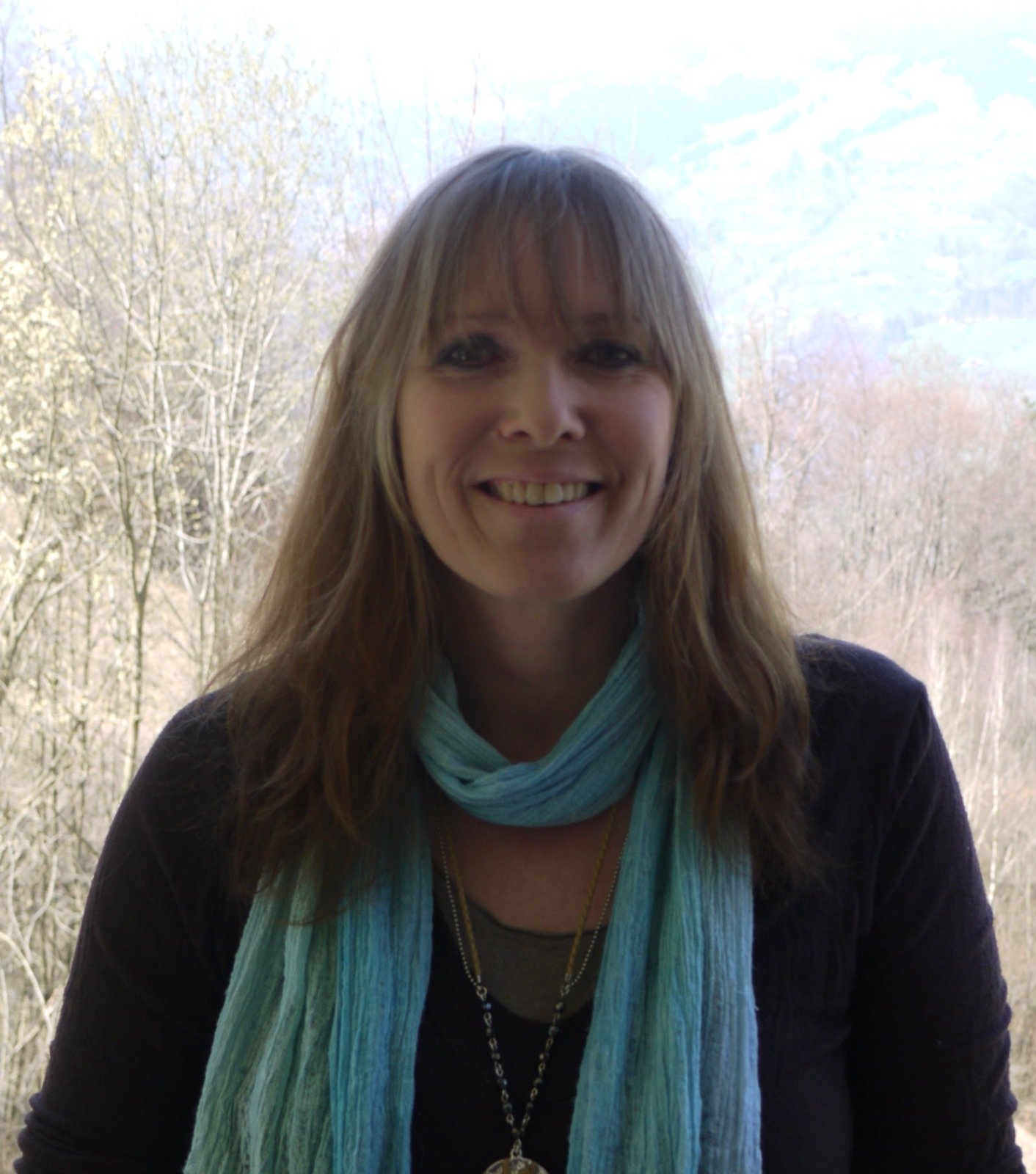M. Y. Ronneus
How do you decide your plots? Are they taken from events that have happened to you? Do you base your characters on real people – or do you prefer to be fully creative and make them up?
Everything I’ve ever experienced, everyone I’ve ever met — it’s all fair game. Several of my books deal with dysfunctional families, abandonment, and (non-sexual) abuse tapping into my own childhood experiences. Additionally, I’ve worked a few years as a psychiatric nursing assistant in drug rehab where I met women from all walks of life.
That said, so far none of my characters is based wholly on any one real person. Rather, they get a trait from here, a mannerism from there, so on.
What comes first for you – the plot or the characters?
The characters usually. They tend to show up in the early morning, before I’m fully awake and demand I write their story. Then I have to track their trail to figure out where they came from, where they are going, and why. That way, I slowly piece their story together.
How many books have you written and/or published and which is your favourite?
Ah man, that’s like asking someone to name their favorite child. Six novels are published, but three more are “finished” in so far that they are fully plotted out, and I love them all equally. Although, I tend to think that whatever I’m writing at the moment is my best work yet. That’s a good sign, right?
Tell me more about your favourite book – the plot, characters, setting, POV, tense…
Because I write romances or stories with strong romantic plots, dual POV comes naturally. I stick to close third, past tense, simply because that’s what I enjoy reading myself. And because I write in English, it’s also natural to set the stories in English speaking areas. Most of my historical novels are set in London, whereas the two main stories I’m currently working on take place in Cumbria (UK) and Idaho (USA) respectively.
The Idaho novel is a romcom due out this fall. An author of steamy police romances is unlucky in love, and her writing isn’t going great. She goes to Idaho to house sit her sister’s swanky mountain cabin and to focus on her work. What she hadn’t counted on is the town’s very dishy sergeant deputy. Or her sister’s very adverse reaction to them dating.
What is your favourite genre to write in? Tell me why. + Did you need to do research for your book? If so, how much did you do, how did you do it?
Historical fiction makes me happy as a pig in mud. My idea of a good time usually involves digging — dusty archives or veggie patches. I spent four years researching and writing my last historical novel, Offers of Atonement. In an alternative life, I might have been an archaeologist uncovering pieces of a mosaic, a journalist, or a farmer toiling to raise fruit from soil. In this life, writing historical fiction is a little bit like a combination of the three. It’s the craft of piecing together the past until you can paint possibilities in the marches of verisimilitude.
Some things, however, are impossible to know exactly, the odours of a 19th century sugar refinery for example. Modern sugar refineries are nothing like what they were back then so, even if you’d been to one, it wouldn’t help much. Here’s where a talent for kitchen disasters is invaluable — I’ve fudged up enough batches of Christmas toffee to know what burnt sugar smells like.
Not everything is that different from our own time; I was raised in the country, in a 19th century farmhouse that gave me first-hand experience of using wood stoves, outhouses, chopping wood and so on.
How do you feel about killing off popular characters? Is it something you enjoy doing in your own books? Have you done it?
If that’s where the story takes me, I wouldn’t hesitate, but, so far, the closest I’ve got is a public execution in Offers of Atonement and a minor (fictional) character dying at the beginning of a WIP.
Would you write any genre or do you stick to one?
As a writer, I’m always looking to challenge myself and grow. Trying out new genres can be one way of doing that. As of yet, all my stories, published or progressing, are genre benders. They’re some combination of historical fiction/romance, contemporary romcom, romantic suspense, historical romantasy, folklore/fairytales, comedy. In the future, I may well try my hand at other genres, but my heart really belongs to historical romcom.
Have you ever interviewed someone in relation to your book, in order to make your story more realistic?
Yes. I’m fortunate enough to have friends from several nations who are veterans and who very kindly and patiently have answered my many, many, daft questions. I’ve asked questions (via email) of people at the British Museum, the House of Lords, the College of Arms, police officers and others.
Not to mention, that since I changed from BrEng to AmEng for my current WIP, I’ve been pestering my American friends for input on expressions and so on.
Does your family help you when writing your book – how much do they support you? + How many hours a day or week would you say you spend writing? Is it a potential career for you, is it something you do outside your day job?
Writing is a second profession to me; I work on my stories — either researching, writing, or editing — every day alongside running my graphic design business. My husband is my biggest fan and shoulders most of the house work so I can focus on my work. He also functions as a sounding board, and often has to help me enact dancing or fighting scenes in the living room. Poor man has had to be anything from a hysterical teenage girl to a dog. He has had to pretend to climb up wet drain pipes and to fall over furniture.
Is writing therapeutic for you, or does it cause you to stress out?
Both. And neither. It’s compulsion, addiction, affliction, and obsession. It’s being possessed by fictional characters and it’s the only exorcism that works. It’s release, healing, euphoria, and absolute emotional and physical exhaustion all wrapped into a burrito of crippling self-doubt generously spiced with creative angst. And if I don’t need therapy after all that…
How do you react to reviews? Would you prefer just good ones or are you okay to receive a bad one occasionally? How does this make you feel?
We all want five-star reviews, don’t we? But personally, I value any review. Usually, there’s something to take away from every input. If nobody ever tells me what’s wrong, how can I learn and grow as an author?
At the same time, you have to trust your own gut as well. It’s all about critically evaluating the source, and realise that not all opinions have equal merit. Not everything is for everybody, and that’s okay.
I was a fine artist for many years before I published my first book, so I have developed pretty thick skin. That’s a requirement in creative arts. It’s no fun getting negative feedback obviously, but it’s just part of the “job description”. For me, any reaction is better than no reaction. Criticism doesn’t kill the creative spirit, silence does.





























